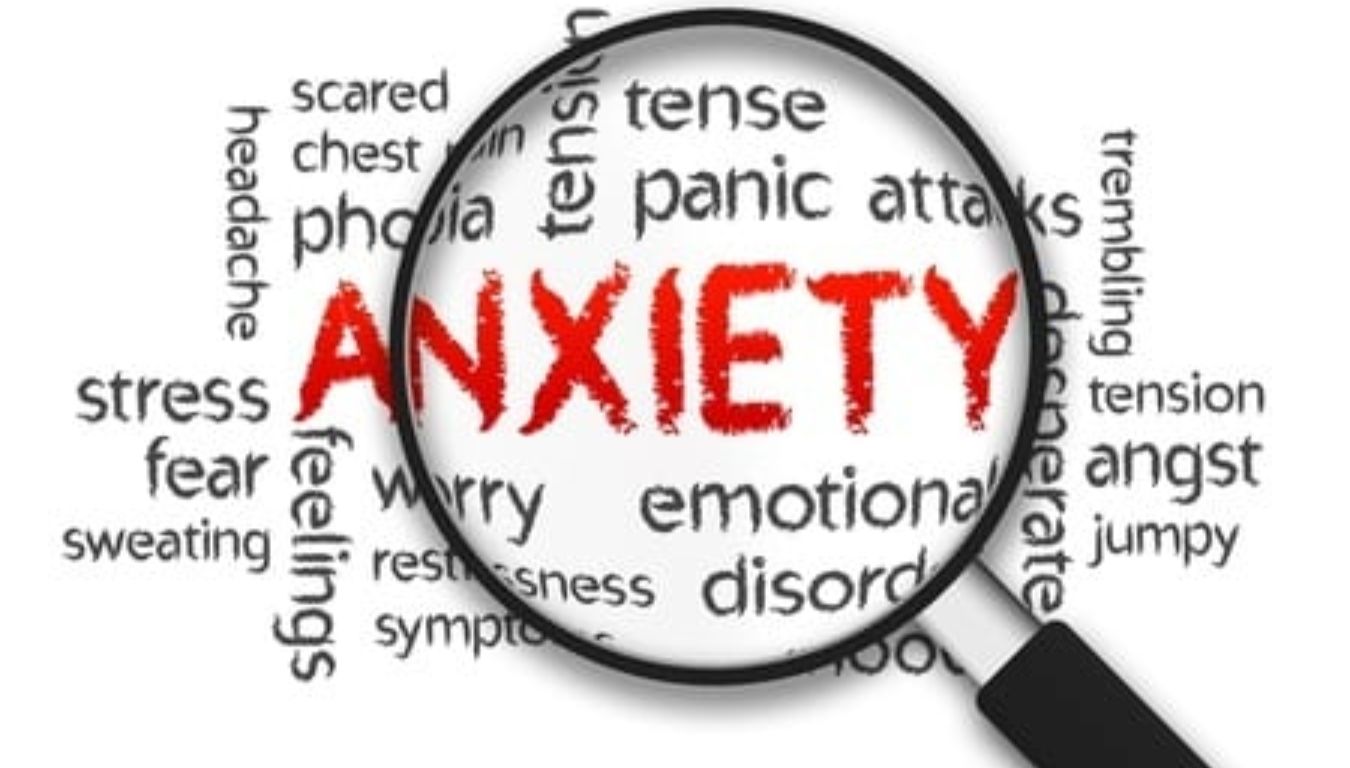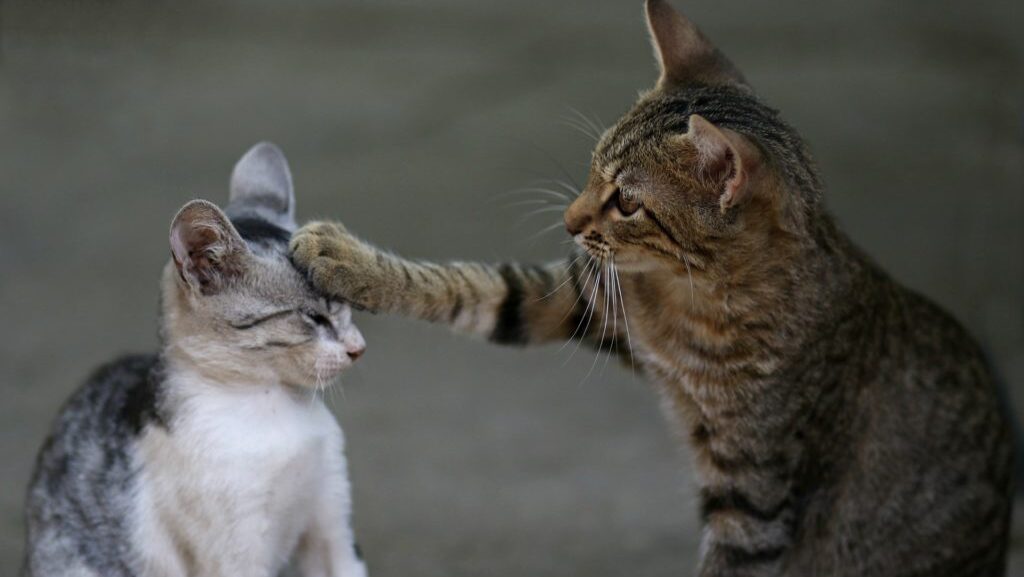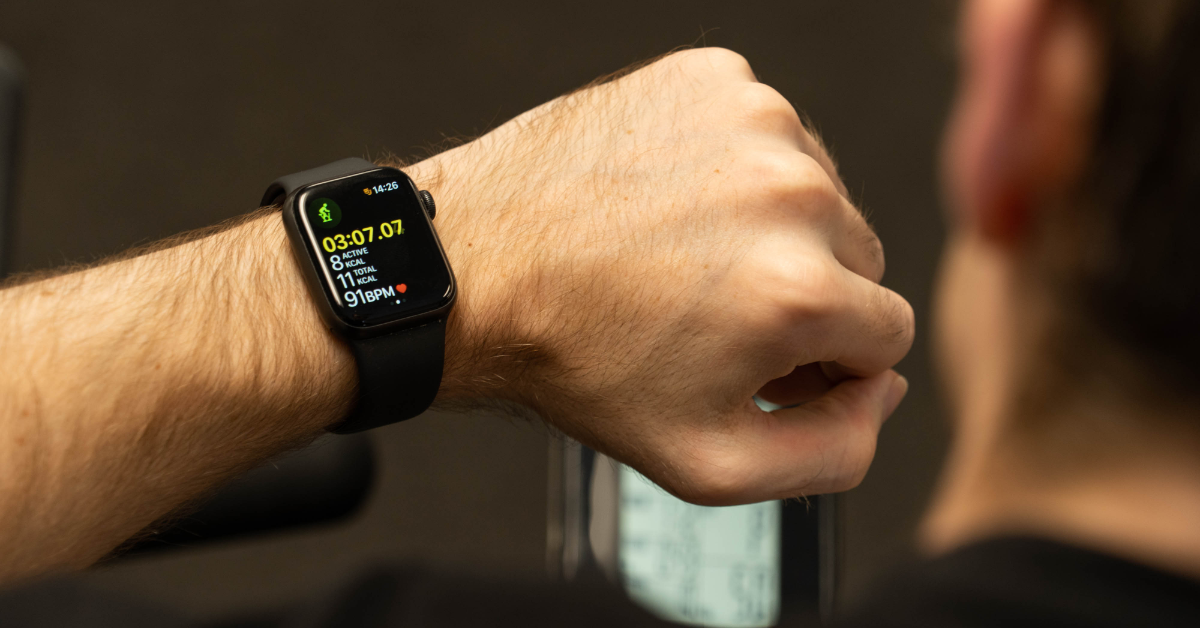When a dysfunction such as anxiety – or depression, for that matter – becomes so commonplace, we must turn to our culture, which is our aggregate way of living, and examine how and why it’s producing such distress. Those suffering from anxiety are often simply mirroring an overwrought, anxiety-laden way of living. Turning the victim into the problem makes no sense at all. Such a preponderance of people suffering in this way must be a reflection of the effects of enduring an incongruous, if not insane, way of living, fostered by our prevailing worldview. In effect, the way that we are living produces this tragic result.
It is essential to address the underlying causes and not simply suppress the symptoms. The difficulty is that in our quick fix mentality, we believe that if we can quiet the symptoms, all is well. This may benefit the pharmaceutical-psychiatry industry, but not those so afflicted. We must come to see anxiety not as the enemy but as an expression of our struggle in adapting to a way of living that actually imperils us. From this vantage, anxiety is paradoxically sensible as we are reacting to conditions that are toxic. The anxiety can be seem similarly to a fever, which is simply a call to attention that all is not well. So the irony is that by medicating our symptoms away, we ensure continued suffering, for the struggle is never resolved toward a breakthrough; it is merely placated.
Interested in bespoke marriage and relationship counseling from Mel Schwartz? Reach out!
Moving Through Anxiety
On the more personal level, the individual taking anti-anxiety medication becomes convinced that they don’t have the resources to deal with their distress, as they become addicted to the temporary relief that the pill provides. In both cases – for the culture as a whole and for the afflicted individual – by trying to contain anxiety, we block our actualization. We must move through anxiety, not defend against it. It should be a harbinger of necessary change and growth, not an external evil to be medicated.
An Addiction to Analyzing
The worldview to which I previously referred was founded by the thinking of Isaac Newton and Renee Descartes in the 17th century. Their philosophies and insights set in motion our dependence upon analysis and measurement, which taught us that by drilling down to the source, so to speak, we could control and master our lives and our environment. Rational and analytical thinking became the foundation of this worldview. This led to many remarkable advances with regard to modernization of society. Their teaching also had us seek, if not worship, predictability and certainty, which while fruitful in moderation, became pathological in the extreme. It is from this over reliance upon analytical and rational thinking that the epidemic of anxiety became inevitable. Analyzing should be a tool in our mind’s toolbox, but when it’s the only one we reach for, we suffer tragic consequences. Our mandate to subject human experience and emotions solely to rational and analytical judgment in and of itself excoriates us.
This imperative, which relentlessly seeks predictability and certainty, has caused us to lose our way. Its unintended consequence has been anxiety, as our minds are tethered to assuring proper outcomes as we seek to avoid “mistakes.” This indoctrination has resulted in excessive worrying, with an ensuing loss of wonder, awe, and imagination that are essential to a balanced and harmonious life. We have lost much of what it means to be human. The result is an existential crisis from which anxiety surfaces.
People inclined toward anxiety lose themselves to the measuring tendency of their thoughts, all the while further separating themselves from a coherent flow of life. The compulsion to compare and measure – so prevalent in the competitive, individualistic culture in which we live – leads to a further estrangement from others. People who suffer with anxiety often become engulfed in their thoughts’ relentless compulsion, which imprisons them with a flood of despair.
Slicing and Dicing Reality
A relentless questioning over decision-making – should I do this or do that – is all designed to protect against making wrong choices, and is consistent with what we call anxiety. It is also emblematic of correlated self-esteem issues as the relentless self-examining destroys any healthy sense of self. Such individuals become captive to their own thoughts, inducing horrific anxiety, as they miss the very flow of life. At the extreme it causes our thoughts to fragment as we slice and dice our life experience into increasingly maddening bits and the addictive nature of anxiety sets in.
Keeping Score
When I have the occasion to go to a baseball game, I’ve noticed that some fans still keep a scorecard, a bygone remnant of my youth. They notate every play of the game, their eyes cast down at the scorecard, removed from the flow of the game. The same is true with anxiety as it removes us from the joy of being present. If your inner monologue is self-measuring and overly critical, you’re missing the flow of your life.
In addition to society’s contribution to anxiety, there are of course particular personal and biographical considerations as well that contribute to one’s relationships with anxiety, which we’ll consider in the next article. I will also share in detail some methods that many of my clients have found helpful in transcending their struggle as they learn to break free from this torrent of fearful thinking.
Please be sure to “like” my Facebook page to see my quote of the day, follow me on Twitter, and join my LinkedIn network.





I just found this site and I’m absolutely thrilled. Nothing has ever more accurately described the way my thought process is. I’ve been dealing with anxiety and depression for awhile now and I’d definitely love to speak to through email if possible to decide on the best course of action to take. I’m so thankful people like you exist it makes the world such a better place!
Hi Jimmy,
I’d be happy to consult with you. Please send me an email
It is amazing (and not in a good way) how many people struggle with anxiety and are constantly experiencing a fight-or-flight state of mind. I think overanalyzing is a HUGE part of it, but I think constantly overbooking ourselves and keeping ourselves in stressful situations, due to lack of confidence and perceived unworthiness also plays a large role in it.
Refreshing to hear of an approach to anxiety that does not treat it as an enemy to be conquered, but as a message to be deciphered and heeded. I have made a similar point in my blog article: Why Psychotherapy is not about Solving People’s Problems…. I look forward to the sequel to this post and thank you for your contribution to our shared field…
I used to have anxiety but I hardly ever experience that anymore. I don’t know what happened.
Mel,
it has been Erich Fromm who analyzed social systems and their impact on the mental health of the individual. In this study, he reaches further and asks: “Can a society be sick?” He finds that it can, arguing that Western culture is immersed in a “pathology of normalcy” that affects the mental health of individuals.
Erich Fromm “The fact that millions of people share the same vices does not make these vices virtues, the fact that they share so many errors does not make the errors to be truths, and the fact that millions of people share the same forms of mental pathology does not make these people sane.”
To be honest Mel, there are only a few psychologists and psychoanalysts who do their job: help the individual, who struggles in insane societies. Most psychologysts and psychoanalysts are muppets of corporations and ideologies. They put all their effort into making individuals function to the benefit of insane working and sickening life conditions. The have to be adopted to the society. How about the approach to adopt society to human and ecological needs?
As long as psychologists don’t realize that people live in interaction with society and only blame the individual if it suffers, they forget to blame the other part of the game. In relationships you admit that insane interaction is a game of two people. Why don’t most of your collegues do so in regard of the individual in interaction with society?
Andrea,
You have touched upon a major theme from my forthcoming book, A Shift of Mind.There is a word, normosis, which speak to what happens when a society makes normal that which is dysfunctional and should be abnormal. As to your questions about the field of therapists, the problem is that they are trained in a wya of thinking that obscures their ability to see more clearly. And this has tragic consequences…
Mel,
I will look into your book. I know what you mean, we are all trained in a way that obscures our way to see more clearly. I had to crash and bear depression to change myself and my conditions of living in a way I wouldn’t have believed about twelve years ago.
Carl Gustav Jung said: “Depression is a woman in black knocking on your door. If you turn her out of doors, she’ll stay at your door forever. But if you invite her, offer her a seat and feed her and, after that, ask her about the purpose of the visit, you have a chance of saying farewell to her”.
I’m far away from generalizing my point of view, but I’m also not alone in the thought that everything happens for a reason, especially if you suffer in a way you didn’t before. To take medicine like antidepressants or sleeping pills, yes, they would have enabled me to work like before, to function like before. I took the less comfortable and slow way: Accept the depression. It wasn’t the solution but the first step. I said “no” to all demands coming from outside, from others. I also have to say the depression enabled me to do so (something I saw later).
We are all trained in a way that obscures our way to see more clearly. To see more clearly what we really need and really want and this can be something which doesn’t please the norm. Too many fears dominated my life before depression. The fear to become unemployed, the fear how to survive, the fear how to be able to care for my child … all these fears allowed especially employers to go over my limits. As a single mother I worked about avarage 55 hours a week, with a break in the afternoon to care for my child and the household, afterwards back to work.
And the older I grow the more I see how much pressure on people increases: they are blamed by governments, companies and the media for everything: not cheap enough, not flexible enough, not intelligent enough, not stressable enough, not adoptable enough, but also too old, too good … they are the only responsibles. … Are they?